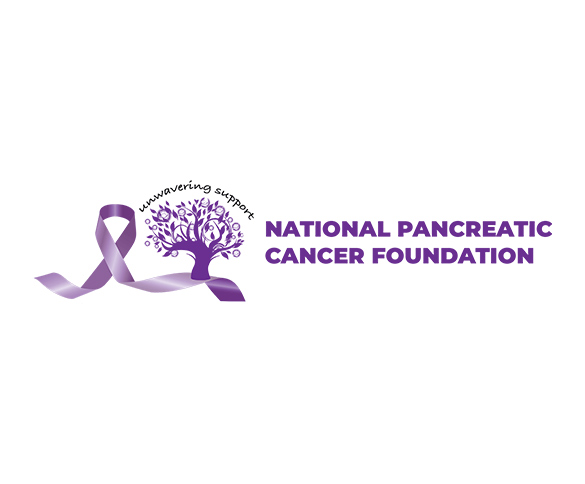- About Pancreatic Cancer
- Get Support
Caregivers
- Get Involved
- Events
- More


The American Cancer Society’s estimates for pancreatic cancer in the United States for 2023 are:

As of right now, there is no formal protocol for pancreatic cancer screening due to the expensive and invasive nature of testing.
Early diagnosis and treatment can significantly improve survivability beyond 5 years. The hardest part is getting the diagnosis.
This guide will help you understand what pancreatic cancer is and how it can appear in other organs.
You will learn about the signs and symptoms and why it’s so difficult to diagnose early.
You will learn about the Risk Factors so you know what you can control and what you can’t in your daily life to minimize your risk.
You will Learn about testing so that if you feel you are at high risk you can more successfully navigate the current healthcare system.

NPCF was founded on May 29, 2009 and is a 501(c)(3) organization. All donations are tax deductible.
The information and services provided by the National Pancreatic Cancer Foundation are for informational purposes only. The information and services are not intended to be substitutes for professional medical advice, diagnosis or treatment. The National Pancreatic Cancer Foundation does not recommend nor endorse any specific physicians, products or treatments even though they may be mentioned on this site.